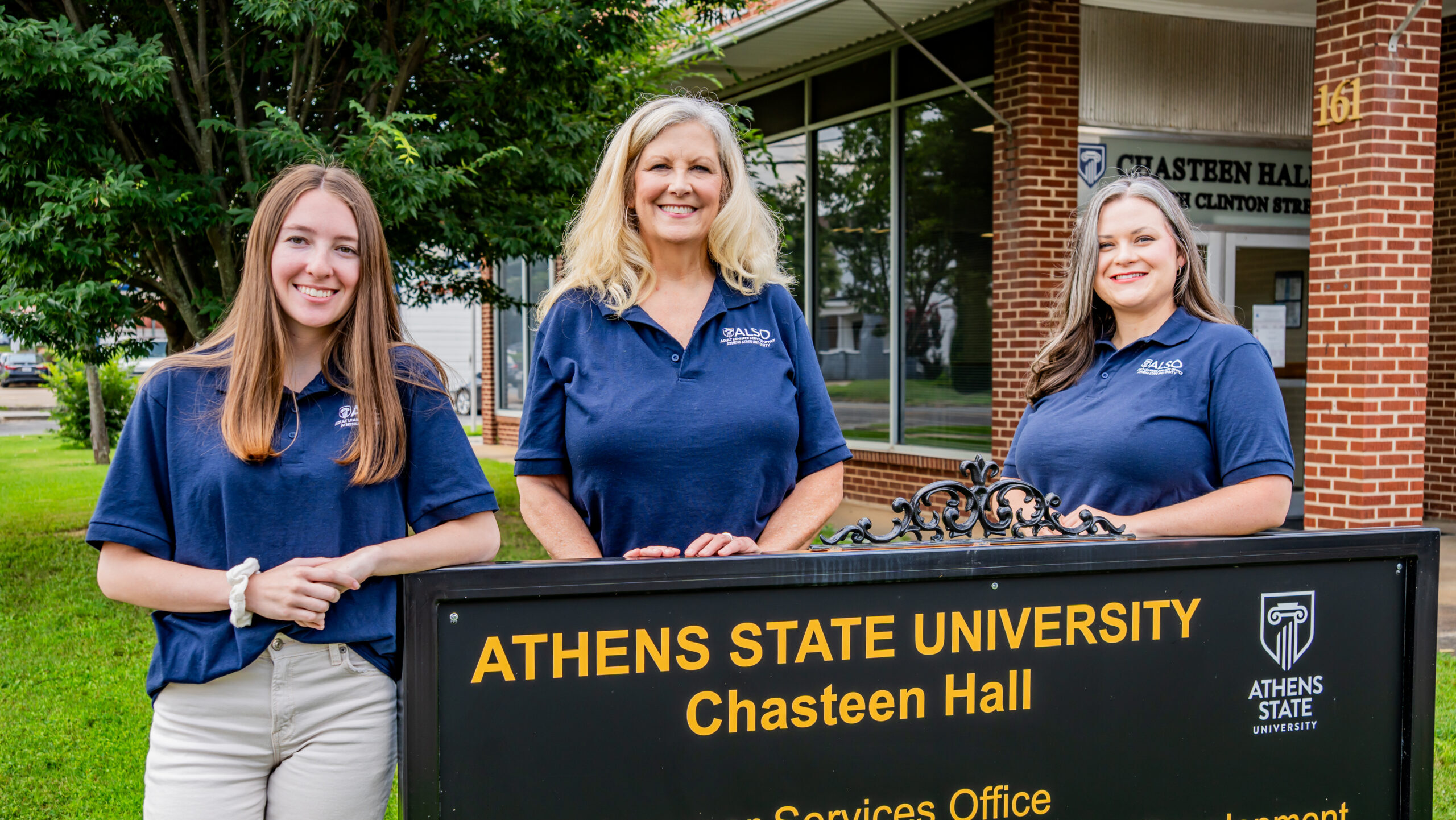Reviewed by: Callie Morrison
See how this Huntsville scientist is changing lives + how you can help now
Reading time: 5 minutes
Sponsored

Did you know that all-star scientific researchers are collaborating with labs around the world, and it’s happening in our backyard.
We got to talk with Dr. Susan Hiatt from HudsonAlpha about how she and her team are changing the lives of families in Huntsville and beyond. Read on to learn about their success stories and how you can help too.
Meet Dr. Susan Hiatt

Dr. Susan Hiatt is a Research Faculty Investigator at HudsonAlpha. She works in the Dr. Greg Cooper—a HudsonAlpha Faculty Investigator—lab and conducts groundbreaking research on rare diseases, collaborating with labs all over the world and helping families right here in Huntsville.
She and her husband were drawn to the Huntsville area by family members living in the Rocket City and loving it. They moved to the area 10 years ago and have never looked back.
When she’s not researching at HudsonAlpha, Dr. Hiatt is running around with her four children, growing beautiful succulents and reading nonfiction and mystery novels.
Researching rare diseases

HudsonAlpha has ten research labs, five of which are dedicated to human health and research. These labs consist of small, tight-knit groups who work closely together but collaborate with labs across the nation and world.
In Dr. Hiatt’s research on rare diseases, she and the team help children and adults with developmental disease genes get the answers they need.
You’ve probably heard of conditions like Down Syndrome, but you may not know that many other gene variants are causing similar developmental obstacles. Some of these haven’t been identified and categorized yet.
Here’s a glimpse into some of the top-notch work the Dr. Greg Cooper lab is doing:
- Over the past decade, the Dr. Cooper lab sequenced the genomes of nearly 2,000 children with rare diseases, offering diagnoses to 29% of patients.
- The team has published 30 articles, linking dozens of genes to developmental disorders.
- They collaborate with other researchers using GeneMatcher—a system similar to an online dating site, which allows fellow researchers to find matches for rare disease genes all over the world. So far, the Dr. Cooper lab has submitted 362 genes to GeneMatcher.
- In 2023, through GeneMatcher collaborations, the Dr. Cooper lab discovered ZMYM3—a new neurodevelopmental disorder gene.
“In the case of ZMYM3, there are around only 30 people with variants who have been reported worldwide. Our research on that gene was one of the largest collaborations we’ve ever conducted, working with labs from Italy, France, Czech Republic, Canada and other places.
Since these diseases are so rare, we have to use GeneMatcher to communicate with others around the world to connect cases and analyze them together.”
Dr. Susan Hiatt, Research Faculty Investigator, HudsonAlpha
Check out all the incredible work the Dr. Greg Cooper lab is doing and learn more about HudsonAlpha today.
Success stories in Huntsville + beyond

Did you know that rare diseases affect 30 million Americans? That’s one in every 10 people. Although distinct rare diseases are scarce, collectively they impact 10% of the population.
Right here in Huntsville, Dr. Hiatt and others are working to help families find a diagnosis—some for the first time.
“When people know their child’s diagnosis, they can put a name to the symptoms they are seeing and can find a community of others who are walking the same path. These connections can provide such support and hope for these families.”
Dr. Susan Hiatt, Research Faculty Investigator, HudsonAlpha
Tiana Vega
One example of this diagnosis process is Tiana Vega—who was four years old when HudsonAlpha researchers helped her family identify her rare disease.
Tiana was diagnosed with Rett syndrome, a rare, neurodegenerative disorder. Knowing the cause of her delays opened up the door to new therapy options for the Vegas and connected them with other families experiencing similar obstacles.
Victor Vega, Tiana’s father, said this in response to the knowledge and support HudsonAlpha gave to his family.
“HudsonAlpha was familiar to us, but I never actually thought that it would be a part of something personal to our family. It’s going to be a hard road, but we are thankful for the support and resources available right here in Huntsville, like HudsonAlpha.”
Check out the Double Helix Dash

If you want to play a role in helping more families like the Vegas, there’s a way you can get involved.
HudsonAlpha will host its 13th annual Double Helix Dash 5k and 1-mile twilight on April 2nd. Runners will loop through Cummings Research Park on a scenic pathway designed to look like the double helix—the twisting ladder shape of DNA.
- When: Tuesday, April 2, 5:30PM
- Where: HudsonAlpha Institute for Biotechnology, 601 Genome Way Northwest, Huntsville, AL 35806
- Cost: $35 for the 5k + $20 for the 1-mile run
- Prizes for top three times will be awarded after the 5k
- Proceeds fund HudsonAlpha’s childhood genetic disorder research program + the Smith Family Clinic for Genomic Medicine
- Register now
“Many people may not realize that through HudsonAlpha, Alabama is actually leading the way in genomic research. It’s exciting and another reason why we have such great quality of life here in Huntsville.”
Dr. Susan Hiatt, Research Faculty Investigator, HudsonAlpha
Huntsville is innovating genomic research—learn more about HudsonAlpha today.
Sponsored by:
Ad




